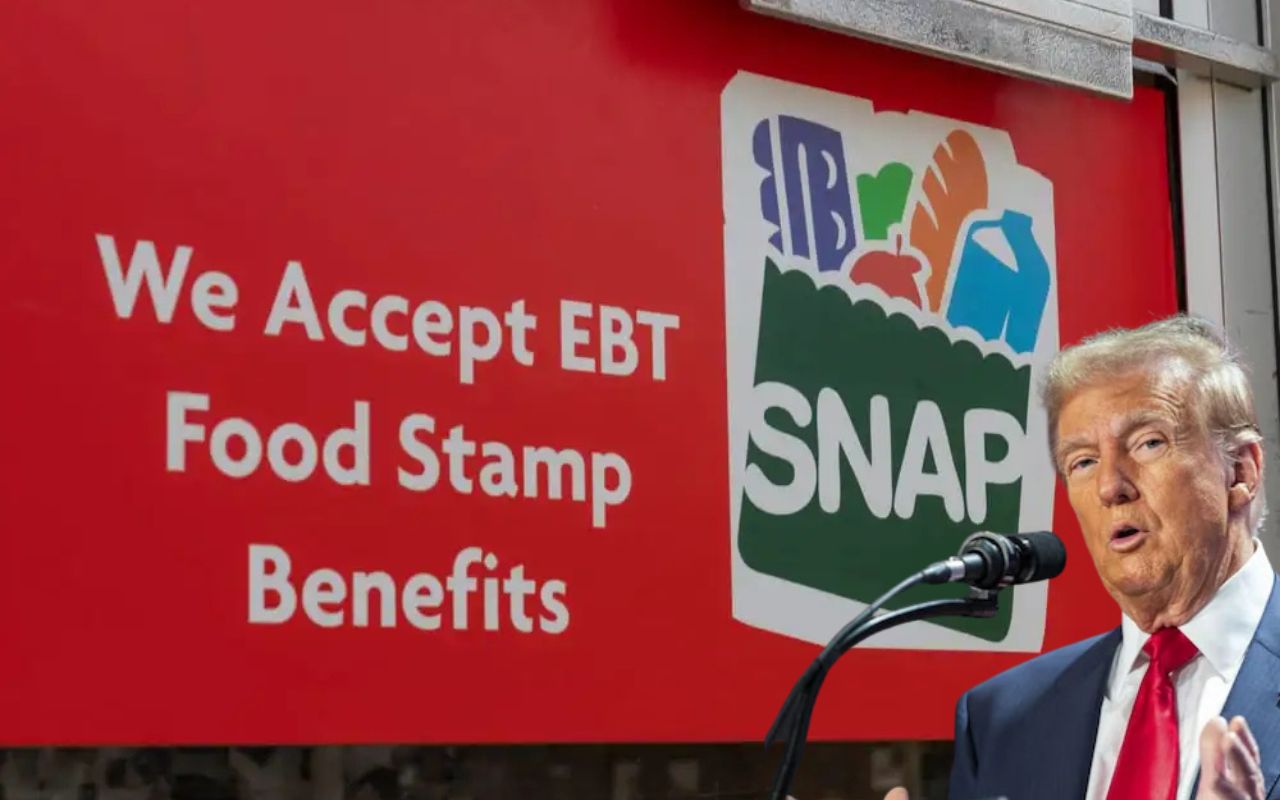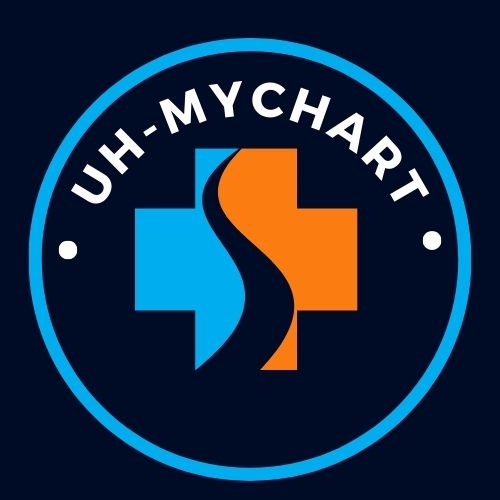The Supplemental Nutrition Assistance Program (SNAP) is a pivotal federal guide program in the US that gives food assistance to a huge number of low-income people and families. Be that as it may, ongoing arrangement conversations and monetary tensions have raised worries about possible slices to SNAP benefits.
Assuming such decreases emerge, they could have sweeping ramifications for recipients, neighborhood economies, and food security in the country. Beneath, we dive into the explanations behind the expected cuts, potential situations, and their possible effect.
Government Plans to Reduce SNAP benefits
Monetary and political elements assume huge parts in forming conversations around SNAP benefits. States often survey programs like SNAP during times of financial strain, referring to monetary worries and monetary obligations.
| Article Title | Government Plans to Reduce SNAP benefits |
| Organization | SNAP |
| Country | USA |
| Article Type | News |
Budget Constraints and Federal Deficit:–
- With rising public obligation and a growing federal shortfall, administrators face monstrous strain to recognize regions for spending cuts.
- SNAP, being one of the biggest federal assistance programs, often turns into an objective during such consultations.
- In financial years with decreased income, contentions about downsizing privilege programs build up some decent momentum.

Political Ideologies and Priorities:–
- Different political philosophies impact choices regard to government assistance programs.
- Advocates of more modest government every now and again contend that broad assistance programs disincentivize work and encourage reliance.
- This viewpoint often prompts propositions pointed toward fixing qualification prerequisites or lessening benefits.
Economic Recovery Narratives:-
- Amid reports of monetary recuperation, some policymakers contend that fewer families need help, supporting a decrease in SNAP subsidizing.
- They guarantee that designated cuts could encourage independence, even though pundits contend this ignores diligent variations.
The political and financial setting subsequently fills in as an establishment for current conversations on diminishing SNAP benefits, laying the preparation for expected cuts.
Some Predicted Changes to SNAP benefits and Their Implication
Policymakers could propose a few changes to SNAP benefits to accomplish monetary objectives. These forecasts incorporate modifying qualifications, changing advantage sums, or presenting stricter work prerequisites.
Stricter Eligibility Criteria:–
- One of the most probable changes is the fixing of qualification models.
- This could incorporate raising income edges, diminishing resource restrictions, or confining unmitigated qualifications, making it harder for people and families to qualify.
- While this approach lessens the program’s cost, it gives a chance to bag numerous who need assistance.
Reduction in Benefit Amounts:–
- One more potential change is a decrease in the greatest portion or average advantage sum. This would straightforwardly bring down how much assistance beneficiaries get monthly, driving numerous to extend restricted assets considerably further to cover fundamental food needs.
Increased Work Requirements:–
- Work prerequisites for SNAP qualification have been discussed broadly as of late. Proposed changes might mandate that able-bodied adults without dependents (ABAWDs) work or partake in preparing for additional hours to keep up with benefits.
- While expected to advance work, such measures could excessively influence vulnerable populations.
Shift to Block Grants:–
- Another huge expectation includes changing SNAP into a block award program, giving states more command over the financing.
- While this approach permits adaptability, pundits caution it could prompt imbalances and subsidizing deficiencies during financial slumps.
These potential changes feature the shifted approaches policymakers might take to rebuild SNAP while endeavouring to offset monetary goals with social government assistance contemplations.
How Reductions in SNAP Benefits Affect Low Income Families?
The repercussions of SNAP benefit cuts on low-income families would be profound. For millions, SNAP isn’t simply a strengthening program — it is a basic lifesaver.
Increased Food Insecurity:–
- A decrease in SNAP benefits would straightforwardly compound food insecurity among low-income families.
- Families previously battling to earn enough to pay the bills could confront extra difficulties in getting nutritious food, prompting expanded dependence on food banks and charitable associations.
Health Consequences:–
- Restricted admittance to nutritious food can bring about chronic frailty results, including higher paces of constant circumstances like diabetes and hypertension.
- For kids, lacking nutrition can ruin physical and mental turn of events, affecting their future possibilities.
Budgetary Trade-offs:–
- Families getting diminished benefits may be compelled to redistribute their restricted spending plans, often scaling back basics like medical services, transportation, or instruction. This pattern of give and take can propagate destitution and cut up portability.
Disproportionate Effects on Vulnerable Groups:
- Vulnerable gatherings like single parents, the old, and people with incapacities would be excessively impacted by SNAP cuts.
- These populaces often face extra boundaries to business and would battle to meet stricter qualification necessities or diminished benefit sums.
The social ramifications of diminishing SNAP benefits feature the interconnectedness of food security, well-being, and monetary dependability, highlighting the likely mischief to society’s most vulnerable individuals.
Conclusion
Possible slices to SNAP benefits address a huge strategy shift with broad ramifications for people, families, and networks. While the public authority might refer to financial obligation and monetary recuperation as purposes behind these decreases. The outcomes could sabotage food security, worsen neediness, and slow financial development.
| Homepage | uhmychart.org |
Policymakers should carefully gauge the compromises and consider elective estimates that safeguard vulnerable populaces while tending to monetary worries. As conversations develop, promotion endeavors will assume a vital part in molding the eventual fate of SNAP. And guaranteeing that the program keeps on satisfying its main goal of lessening cravings and supporting financial solidness.
PV Martinez holds an MBA in Finance from the University of Michigan. When not analyzing numbers, PV enjoys playing football and spending time singing his favorite tunes.






